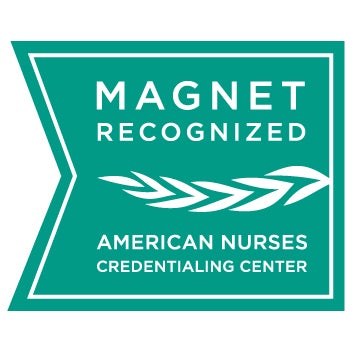Our Kids
2024 Annual Impact Report

CLINICAL ADVANCEMENTS
Clinical AdvancementsQUALITY & PATIENT SAFETY
Quality and Patient SafetyCOMMUNITY IMPACT
Community ImpactWelcome to our 2024 Annual Impact Report, where we celebrate successes, our community impact and pivotal moments in our mission to deliver high-quality care for kids and families in the Central Valley.

How do we help
kids get better?
That is the one and only question we at Valley Children’s strive to answer every day. Our doctors, nurses, staff, volunteers, donors, board members and leaders embrace this singular purpose as their individual and collective missions. It is their commitment to the pursuit of medical excellence and engaged compassion that ensures kids can be well. Together, we take pride in delivering the best possible care for children.
Enjoy our stories of hope, joy and healing from 2024.
Todd Suntrapak
President and CEO
Valley Children’s Healthcare


